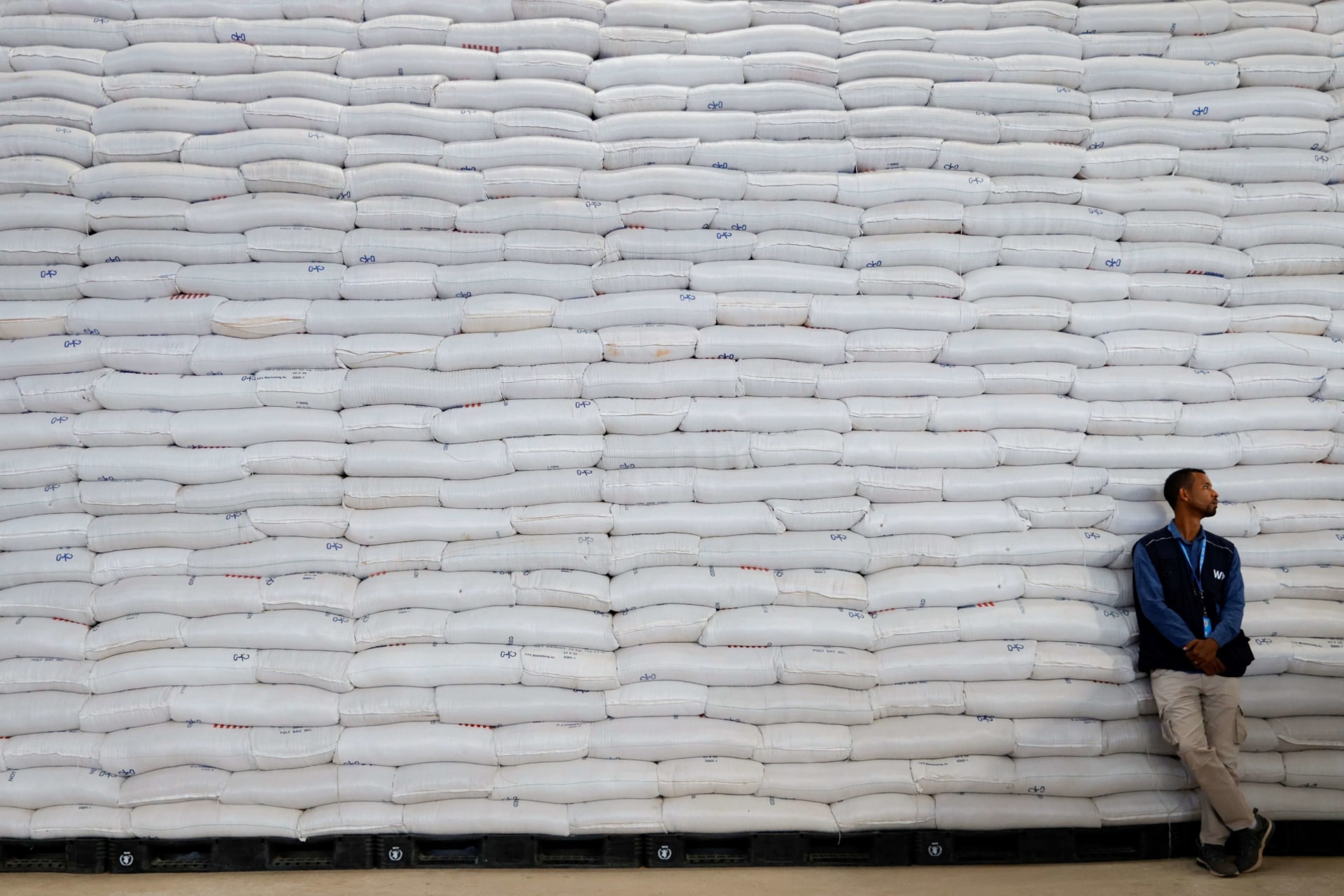Ethiopia’s Mixed Signals
International re-engagement and new peace talks point in a positive direction, but multiple indicators point to fragility and risk.

By experts and staff
- Published
Experts
![]() By Michelle GavinRalph Bunche Senior Fellow for Africa Policy Studies
By Michelle GavinRalph Bunche Senior Fellow for Africa Policy Studies
As the world watches Sudan’s unraveling with horror, progress in neighboring Ethiopia can make the country seem like a relatively bright spot on a troubled map. The war in Tigray is over, the peace there is holding, and the government recently commenced new talks with the Oromo Liberation Army. The state has pivoted away from rhetoric demonizing its longtime development partners and toward messages embracing re-engagement and getting the country’s economic trajectory back on track—a practical choice given the country’s debt crisis, recent years’ massive military spending, and the resulting staggering reconstruction needs.
All of this positive momentum is welcome. Not long ago the world was confronted with the possibility of state collapse in Ethiopia. Now, observers are reminded that a prosperous and peaceful Ethiopia would be a boon to the region and ultimately a formidable force for elevating African priorities globally. But there are other, less encouraging developments unfolding that indicate just how much fragility lurks below the surface.
In Tigray itself, the war may be over, but the suffering is not. Credible reports indicate that the peace agreement has not stopped forced displacements in contested areas of the region. The presence of Eritrean forces, and Amhara militia, persists. Despite desperate need, the World Food Program suspended aid deliveries to Tigray in the wake of allegations that substantial theft has diverted food from reaching the hungry.
Setting Tigray aside, humanitarian access is difficult, or currently impossible, in large swathes of the country. Citizens are restricted from accessing social media. Journalists continue to be subject to arbitrary arrest and harassment. These centralized efforts to assert control can be counterproductive, fueling more suspicion and resentment. They certainly do not comport with the confidence Ethiopia’s leaders aim to project.
Last week’s murder of Girma Yeshitila, a senior figure in Prime Minister Abiy’s Prosperity Party, is indicative of the tensions still simmering in Ethiopia. The incident comes on the heels of widely publicized divisions within the Orthodox Church, an important moral authority for many Ethiopians, and in the wake of resistance to Addis Ababa’s initiative to integrate regional security forces into federal structures. Ethiopia’s federal government is engaged in a high wire act; trying to consolidate power and move forward despite the rifts in Ethiopian society made wider by the Tigray conflict, and managing the sense among some of Abiy’s allies that they deserve a greater share of the victors’ spoils. It’s clear that authorities are aware of the threat that ethnic nationalists, so recently encouraged by federal leaders, now present. In the aftermath of the killing, Ethiopia claimed to have arrested forty-seven people involved in a wider plot to overthrow the state.
As Ethiopia moves in two directions at once, the United States has its own difficult balancing act to perform. Positive developments deserve support, but the trouble in Ethiopia will not go away if we simply pretend not to see it. If there is any consensus on how external actors failed Sudan in recent years, it revolves around the notion that ignoring uncomfortable realities and believing commitments of dubious credibility are recipes for policy failure. Washington should proceed with caution, looking for concrete indicators that Ethiopian politics are normalizing, that decision-makers are not beholden to malign actors, that civil and political rights are being respected, and that leaders’ public commitments are matched by developments on the ground.
